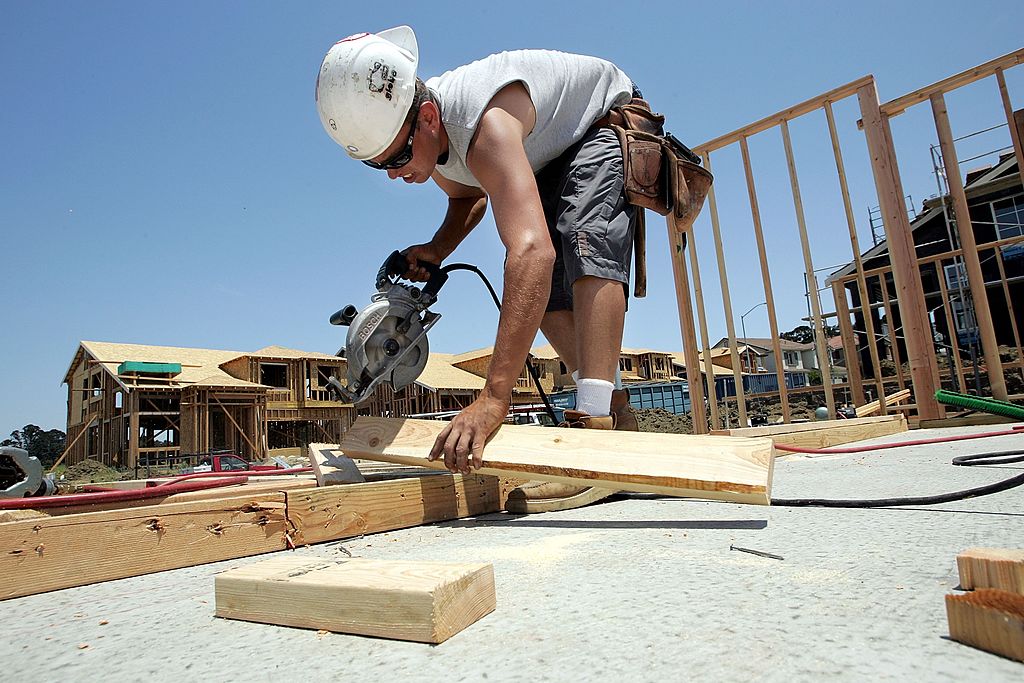Part of a series on key policy issues in the presidential race.
WASHINGTON — With housing cost and availability at the forefront of voter concerns, presidential candidates have unveiled strategies to address the crisis before the Nov. 5 election. The COVID-19 pandemic intensified housing market challenges, with supply chain issues, low interest rates, and surging demand driving up prices. A Journal of Housing Economics study highlights these trends. Despite housing being a local issue, federal intervention is increasingly sought as rents soar.
Democratic candidate Kamala Harris and Republican Donald Trump acknowledge the issue but propose different solutions. Their campaigns did not provide further details on their housing proposals.
Promise: Building millions of new homes
Harris’ plan includes constructing 3 million homes within four years. The U.S. faces a 3.8 million home shortage, as reported by Freddie Mac. Homelessness has hit a record-high of 653,100 people, and 22.4 million renter households spend over 30% of income on rent, according to a Harvard University study. Harris stated, “My plan is to address many factors contributing to high rents and housing affordability.”
Promise: Single-family zoning
Trump opposes multi-family housing, advocating for single-family zoning. Local governments handle such regulations, but federal influence is possible. Trump declared, “There will be no low-income housing developments built in areas next to your house,” at a Montana rally.
Promise: Congressional cooperation
Election forecasts suggest Democrats may win the House, while Republicans could take the Senate, necessitating bipartisan support for housing proposals. Ted Tozer from the Urban Institute highlighted funding challenges, noting, “All the money comes from Congress.” Harris’ plans, including S.2224 and S.3692, require legislative approval.
Promise: $25,000 down payment assistance
Harris proposes $25,000 for first-time homebuyers, aiding 4 million over four years, subject to congressional funding. Skepticism arises about its impact on home prices. Harris also suggests a $40 billion innovation fund for local housing solutions, needing congressional backing.
Promise: Utilizing federal lands
Both candidates support using federal lands for housing, selling land for construction with affordable housing commitments. The federal government owns about 650 million acres. Details on this proposal are sparse.
Promise: Expanding tax credits
The Department of Housing and Urban Development’s Low-Income Housing Tax Credit (LIHTC) is the key federal tool for housing. Harris promises to expand it but lacks specifics. This credit offsets construction costs for rent-restricted units, with restrictions typically lasting about 30 years.
Trump’s housing record
Trump lacks a formal housing proposal but offers insights through past actions and statements. His administration’s HUD budget proposals faced congressional rejection. Trump proposed significant rent hikes for low-income households and aimed to eliminate housing programs like the Community Development Block Grant. His Opportunity Zones initiative had mixed results.
Promise: Cutting regulations and tariffs
In a Bloomberg interview, Trump emphasized reducing permitting regulations to lower housing costs. He proposed a 10% tariff on all imports and a 60% tariff on Chinese goods. Tozer warned that tariffs on materials like lumber could increase home costs.
Promise: Deporting immigrants
Trump argues that mass deportations will increase housing supply. Karoline Leavitt, Trump’s national press secretary, told the New York Times that migration drives up housing costs. With deportation a core promise, Tozer noted that 30% of construction workers are immigrants, linking housing and immigration.





